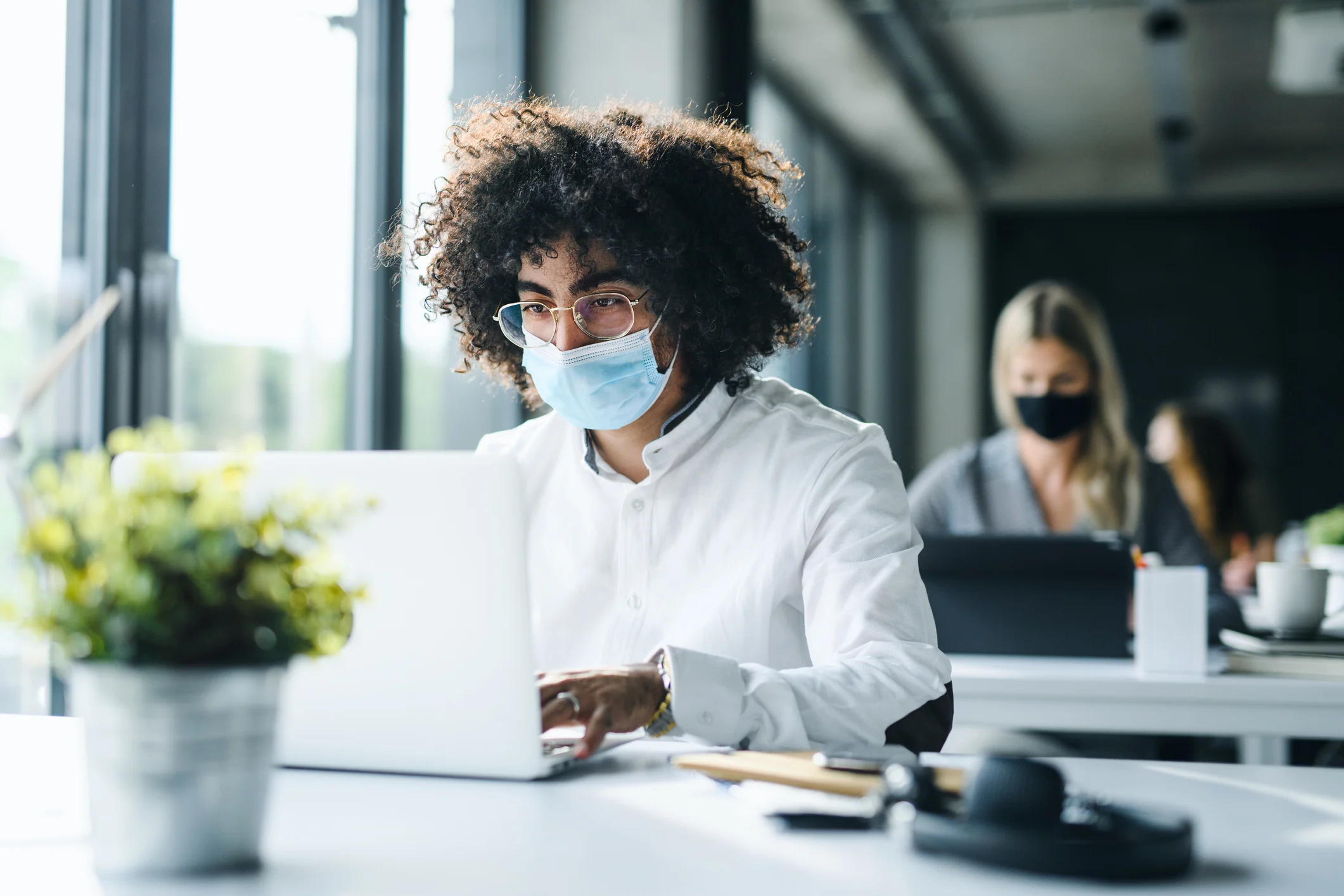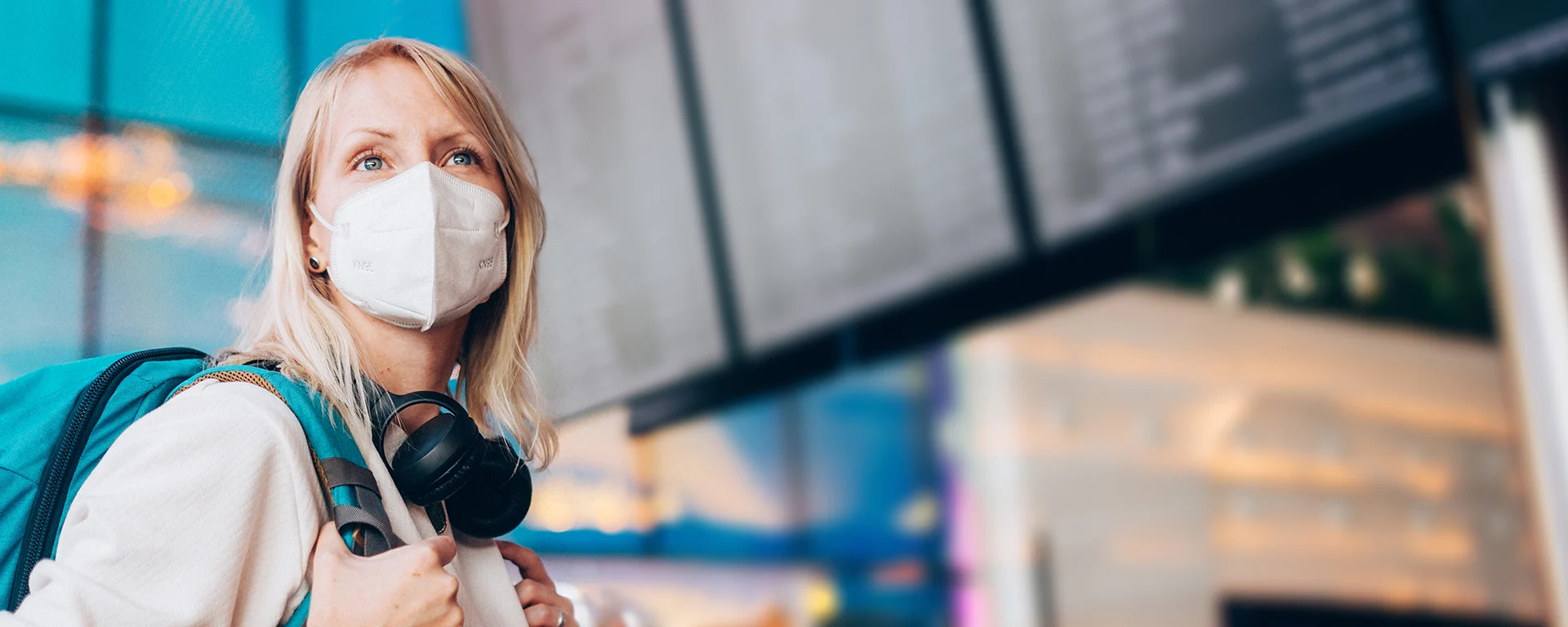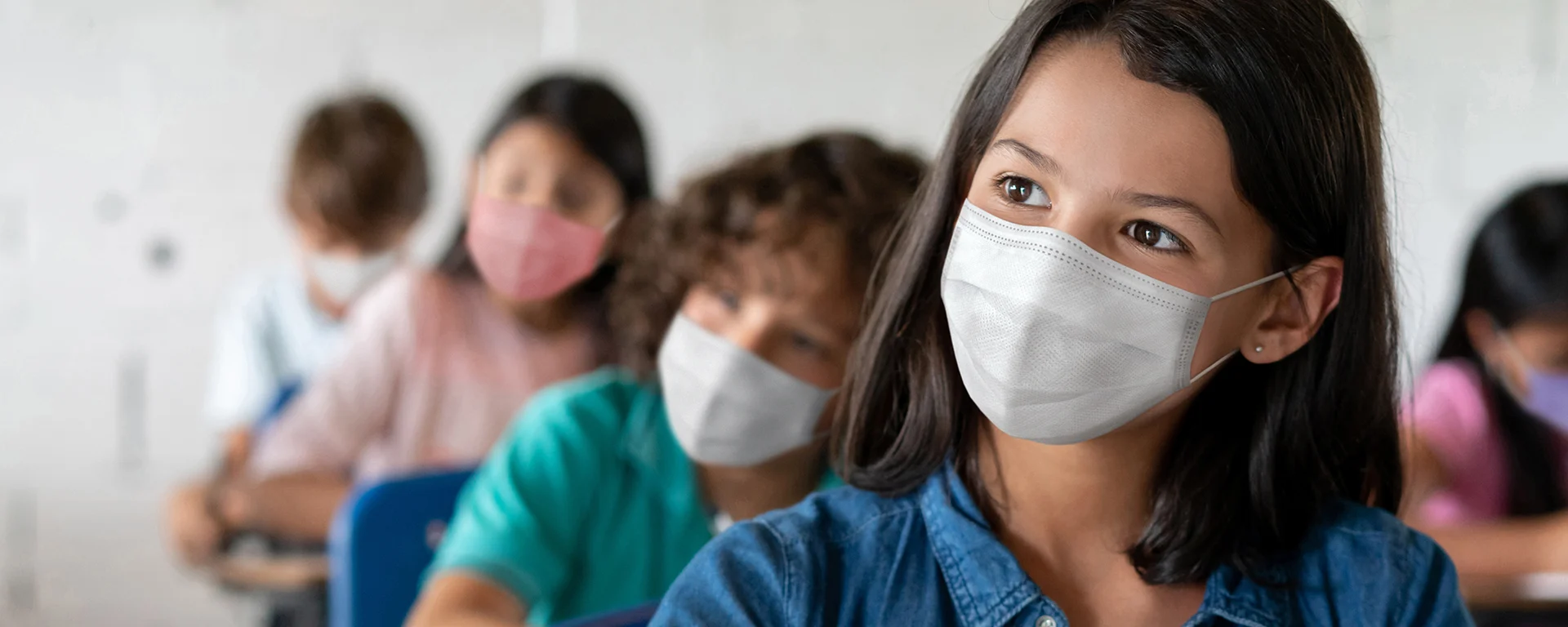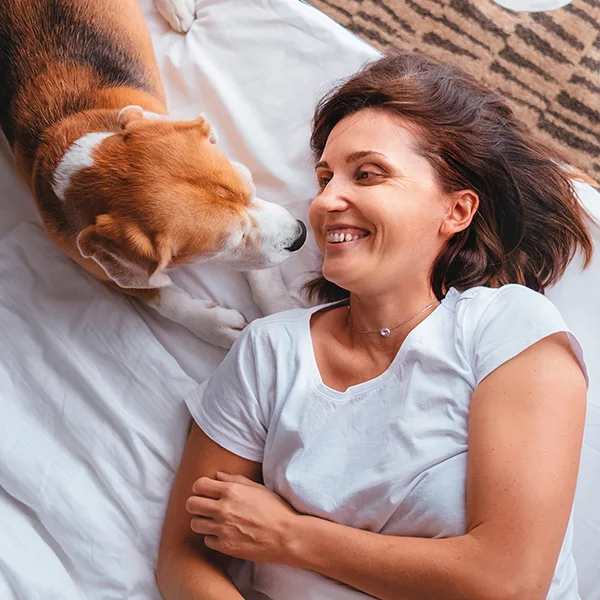What We Learned From COVID-19
Living through a global pandemic has taught us all a few things that can help keep us healthy — no matter what outbreaks we face in the future.
Well folks, the emergency phase of the pandemic here in the US is officially over. The Public Health Emergency (PHE) that was first declared in March 2020 and renewed every 90 days for three-plus years has ended.
We aren’t exactly where we hoped we’d be by this point. Instead of being wiped out, the virus is here to stay. But by living through this scary, awful time, we learned some hard-won lessons that will serve us well going forward. Here are four big-picture takeaways — things we now know about keeping healthy that we didn’t know three years ago.
Vaccines help a lot, even though they aren’t perfect.
Vaccines are medicine, not magic. Not all vaccines completely prevent you from getting infected, but that doesn’t mean they don’t work. The important thing is that they keep you from getting seriously ill. You might still get sick, but you’re much less likely to end up in the hospital, and you’re even less likely to die.
Vaccines have side effects. That’s part of medicine, too. We need to keep careful tabs on these side effects and make sure they don’t cause more problems than the disease they’re meant to prevent. But if they don’t cause more problems (and the COVID vaccines don’t), then it’s definitely worth getting vaccinated.
Keeping up with recommended boosters is critical, for COVID as well as flu and other diseases.
Clean air makes a huge difference.
Some viruses can spread through the air. Since we spend about 90% of our lives indoors, we need to start figuring out how to keep indoor air as clean as possible.
Most of the buildings we live, work, learn, and play in have ventilation systems that don’t bring enough fresh air in — or filter the indoor air well enough. We can all be good citizens by making sure that our private and public buildings get the upgrades they need to help keep us healthy.
Good masks work, but only if you wear them properly.
If you wear a KN95, KF95, or N95 mask properly, it will do a good job at protecting you from getting infected. If you don’t wear your mask correctly, then it won’t help you. (The handsome model in the image below is only wearing a surgical mask, which doesn’t help as much — but he doesn’t seem to know how to wear his mask, either.)
If you aren’t feeling well, take care of others by wearing a mask. If you are in a crowded place and a lot of people are sick in your area, wear a mask. If you’re taking a flight when viruses like COVID, flu, and RSV are going around, wear a mask — especially while the plane is on the ground.
Tests are tools — and different tools may work differently.
Just because one kind of tool works one way, it doesn’t mean a similar tool works exactly the same way.
At-home rapid tests and lab (PCR) tests are similar tools, but they aren’t exactly the same. Both tests can tell you if you have a virus. One (PCR) is really good at telling whether you have even small amounts of virus in your system — but it may say you’re still sick even though your infection is over. The other (at-home rapid tests) is good at telling you whether you have active virus in your system, but you need to have more virus in your system for it to turn up positive. So, with at-home tests, you can’t just take one test, get a negative result, and call it done. To be reasonably confident that you don’t have the virus, you need to take at least two tests, 48 hours apart.
Looking Forward
It’s been a long three years — and we’ve all learned many lessons, large and small, besides these four. People have shouldered tremendous grief. But if we can carry what we’ve learned with us into the future, we may all be able to look forward to healthier lives.






